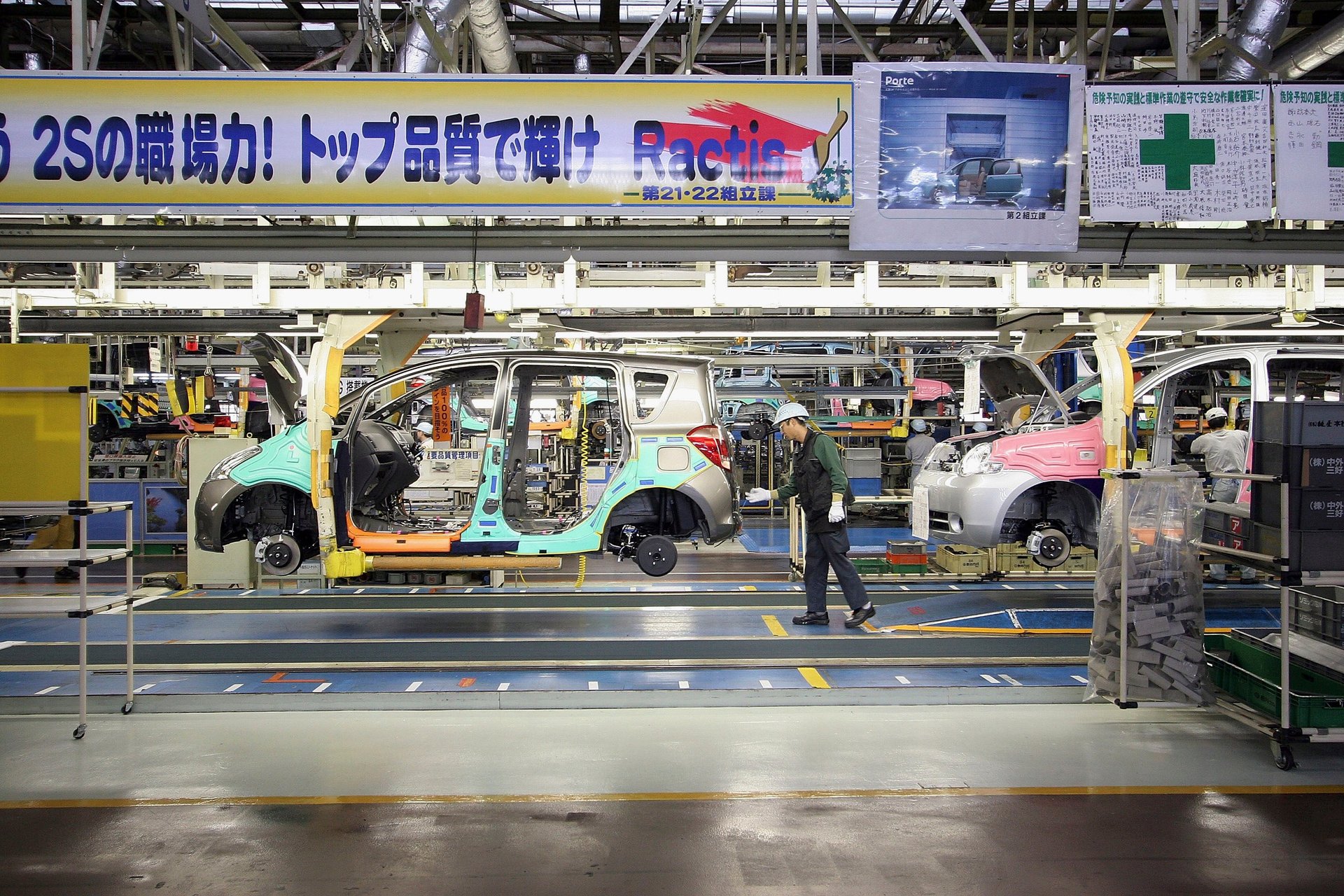Toyota and Honda announce broad raises for Japanese workers
The news comes as the Bank of Japan seeks evidence of wage growth before shifting monetary policy

Honda and Toyota announced that they had fully met the salary and bonus demands set out by the national automobile workers’ union on Wednesday, as the country’s largest automakers attempt to adjust wages in line with last year’s record inflation.
Honda announced it would raise wages by 5%, including the biggest increase in base pay in three decades as well as an annual bonus worth 6.4 months of pay. While Toyota did not reveal the specific raise, union representatives for the company confirmed it was Toyota’s largest wage hike in two decades.
The decision marks the third straight year that Toyota has fully met wage hike demands from its union, as the company prioritizes employee retention in the rapidly changing automobile market while looking to further develop its
Wage growth has become a hot-button issue in the country, with the Bank of Japan (BOJ) signaling that it must continue to see wages growing at pace with the consumer price index in order to continue its current dovish policy, including the continuation of its $200 billion stimulus program meant to ease the effects of inflation.
What was Japan’s inflation rate last year?
Japan has seen record inflation this year, with the country’s consumer price index reaching its highest point since 1981. Despite this rapid growth, Japan has kept interest rates low, bucking macroeconomic trends.
Ueda is expected to raise interest rates, moving away from the central bank’s current ultra-easy monetary policy. He was nominated over BOJ deputy governor Masayoshi Amamiya, the frontrunner for the role and a proponent of the central bank’s current dovish stance.
Kishida told members of the Japanese parliament that Kuroda was the “best fit” for the BOJ.
“We expect the BOJ to continue to conduct appropriate monetary policy operations in coordination with the government, taking into account economic, price, and financial conditions,” Kishida said.
If confirmed by the parliamentary committee, Ueda will start the governorship after Kuroda’s term expires in April.
